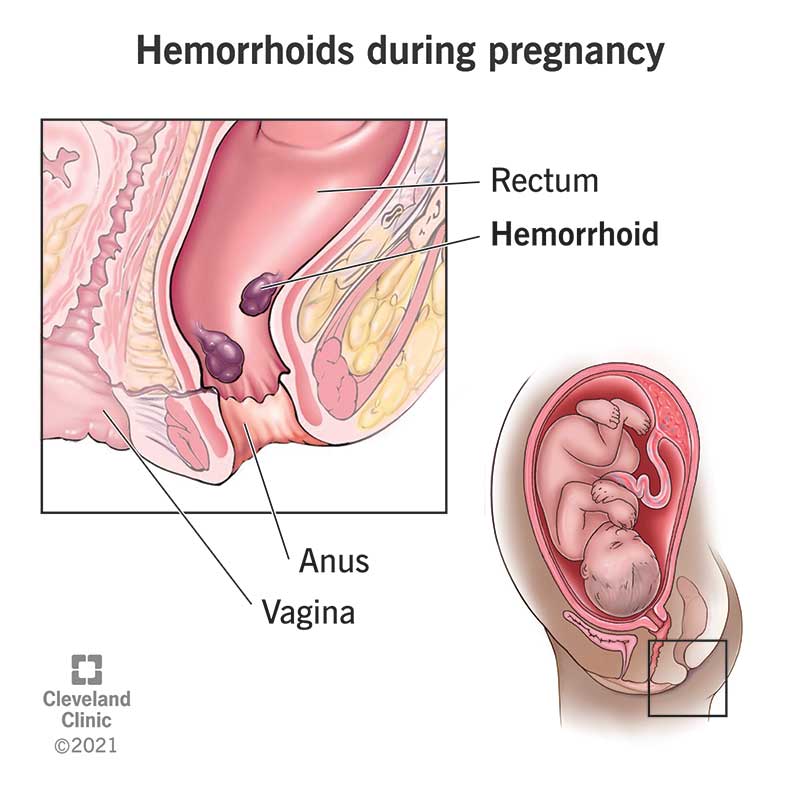Hemorrhoids – Diagnosis and treatment – Mayo Clinic
There are many effective options for easing the discomfort of hemorrhoids — swollen veins in your anus and lower rectum.

Hemorrhoids: Diagnosis and Treatment Options | AAFP
Many Americans between 45 and 65 years of age experience hemorrhoids. Hemorrhoidal size, thrombosis, and location (i.e., proximal or distal to the dentate line) determine the extent of pain or discomfort. The history and physical examination must assess for risk factors and clinical signs indicating more concerning disease processes. Internal hemorrhoids are traditionally graded from I to IV based on the extent of prolapse. Other factors such as degree of discomfort, bleeding, comorbidities, and patient preference should help determine the order in which treatments are pursued. Medical management (e.g., stool softeners, topical over-the-counter preparations, topical nitroglycerine), dietary modifications (e.g., increased fiber and water intake), and behavioral therapies (sitz baths) are the mainstays of initial therapy. If these are unsuccessful, office-based treatment of grades I to III internal hemorrhoids with rubber band ligation is the preferred next step because it has a lower failure rate than infrared photocoagulation. Open or closed (conventional) excisional hemorrhoidectomy leads to greater surgical success rates but also incurs more pain and a prolonged recovery than office-based procedures; therefore, hemorrhoidectomy should be reserved for recurrent or higher-grade disease. Closed hemorrhoidectomy with diathermic or ultrasonic cutting devices may decrease bleeding and pain. Stapled hemorrhoidopexy elevates grade III or IV hemorrhoids to their normal anatomic position by removing a band of proximal mucosal tissue; however, this procedure has several potential postoperative complications. Hemorrhoidal artery ligation may be useful in grade II or III hemorrhoids because patients may experience less pain and recover more quickly. Excision of thrombosed external hemorrhoids can greatly reduce pain if performed within the first two to three days of symptoms.
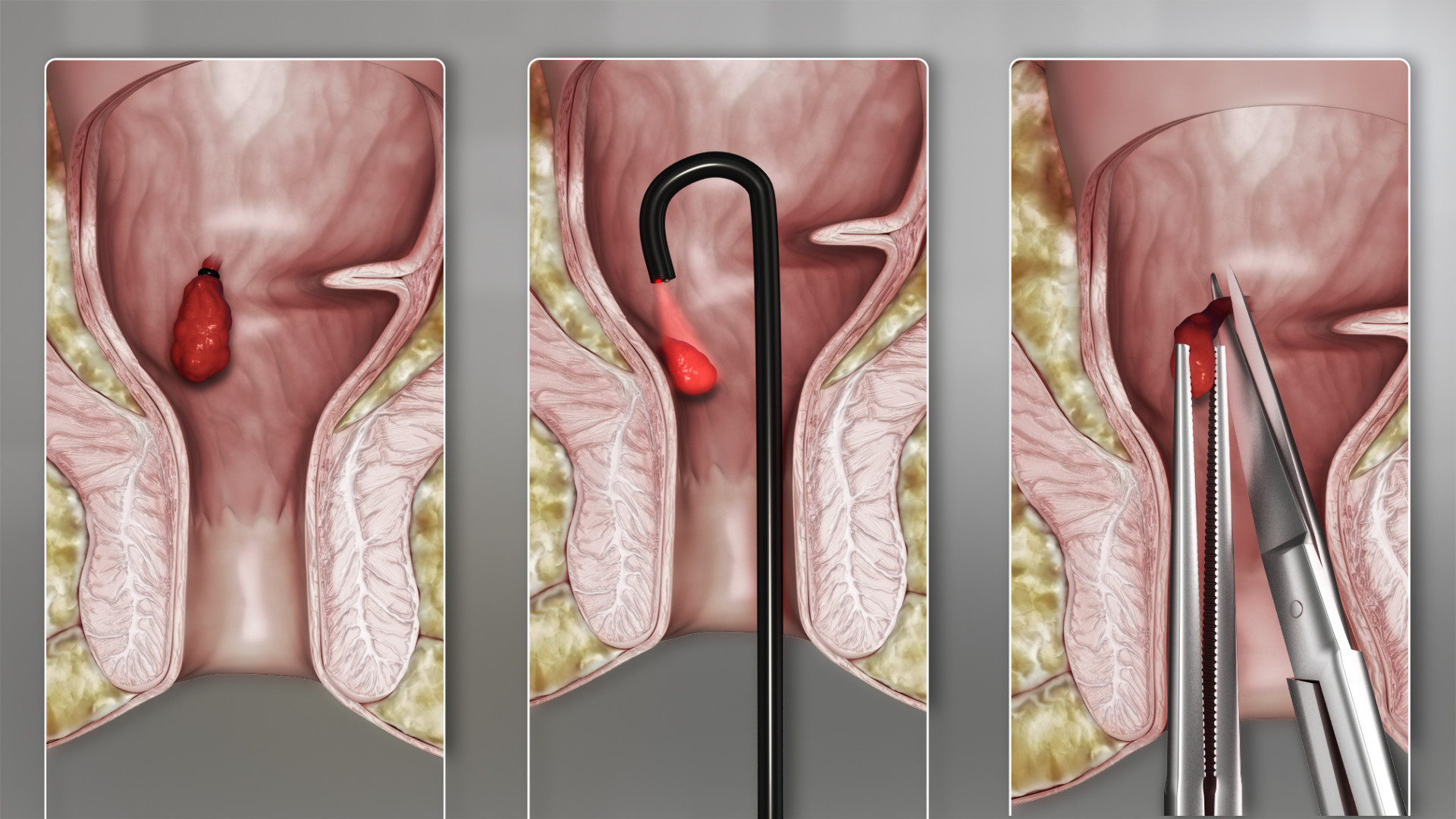
Hemorrhoids: Types, Causes, and Treatments – Scientific Animations
Hemorrhoids: Types, Causes, and Treatments

3 Ways to Treat Internal Hemorrhoids – wikiHow
Hemorrhoids are abnormally enlarged veins at or near the anus. External hemorrhoids are visible from the outside. Internal hemorrhoids are inside the anal canal and are typically painless and not visible—you may not even know you have them…

Hemorrhoids: Causes, treatments, and prevention Medical News Today
Hemorrhoids, or piles, are common irritations around the rectum and can be extremely painful. Learn about what causes hemorrhoids, how to avoid them, home remedies, and when to see a doctor.

What Are Hemorrhoids? Symptoms, Causes, Diagnosis, Treatment, and Prevention
Hemorrhoids, also called piles, are enlarged and swollen veins around the outside of the anus or in the lower rectum. Theyre often caused by constipation and are very common in pregnant women. Learn how to prevent and get rid of them.

Hemorrhoids: Diagnosis and Treatment Options | AAFP
Many Americans between 45 and 65 years of age experience hemorrhoids. Hemorrhoidal size, thrombosis, and location (i.e., proximal or distal to the dentate line) determine the extent of pain or discomfort. The history and physical examination must assess for risk factors and clinical signs indicating more concerning disease processes. Internal hemorrhoids are traditionally graded from I to IV based on the extent of prolapse. Other factors such as degree of discomfort, bleeding, comorbidities, and patient preference should help determine the order in which treatments are pursued. Medical management (e.g., stool softeners, topical over-the-counter preparations, topical nitroglycerine), dietary modifications (e.g., increased fiber and water intake), and behavioral therapies (sitz baths) are the mainstays of initial therapy. If these are unsuccessful, office-based treatment of grades I to III internal hemorrhoids with rubber band ligation is the preferred next step because it has a lower failure rate than infrared photocoagulation. Open or closed (conventional) excisional hemorrhoidectomy leads to greater surgical success rates but also incurs more pain and a prolonged recovery than office-based procedures; therefore, hemorrhoidectomy should be reserved for recurrent or higher-grade disease. Closed hemorrhoidectomy with diathermic or ultrasonic cutting devices may decrease bleeding and pain. Stapled hemorrhoidopexy elevates grade III or IV hemorrhoids to their normal anatomic position by removing a band of proximal mucosal tissue; however, this procedure has several potential postoperative complications. Hemorrhoidal artery ligation may be useful in grade II or III hemorrhoids because patients may experience less pain and recover more quickly. Excision of thrombosed external hemorrhoids can greatly reduce pain if performed within the first two to three days of symptoms.

Hemorrhoids and what to do about them – Harvard Health
Diagnosis and simple treatments to help ease the pain and trouble associated with hemorrhoids (piles), usually caused by increased pressure due to pregnancy, overweight, or straining during bowel movements.
:max_bytes(150000):strip_icc()/VWH-GettyImages-1328563487-f09a5a979e514061843aec94b7171be7.jpg)
Coping With Hemorrhoids: How to Sit and More
Coping with chronic hemorrhoid pain may be difficult but can be eased with simple solutions ranging from sitz baths and diet to how you sit in a chair.
:max_bytes(150000):strip_icc()/VWH-GettyImages-1339200115-25cdc4c2be6e47a39f8cad234908f857.jpg)
Hemorrhoid Treatment: Home Remedies, Medications, Procedures
Hemorrhoid treatment may involve a high-fiber diet, stool softeners, over-the-counter medications, or surgery.
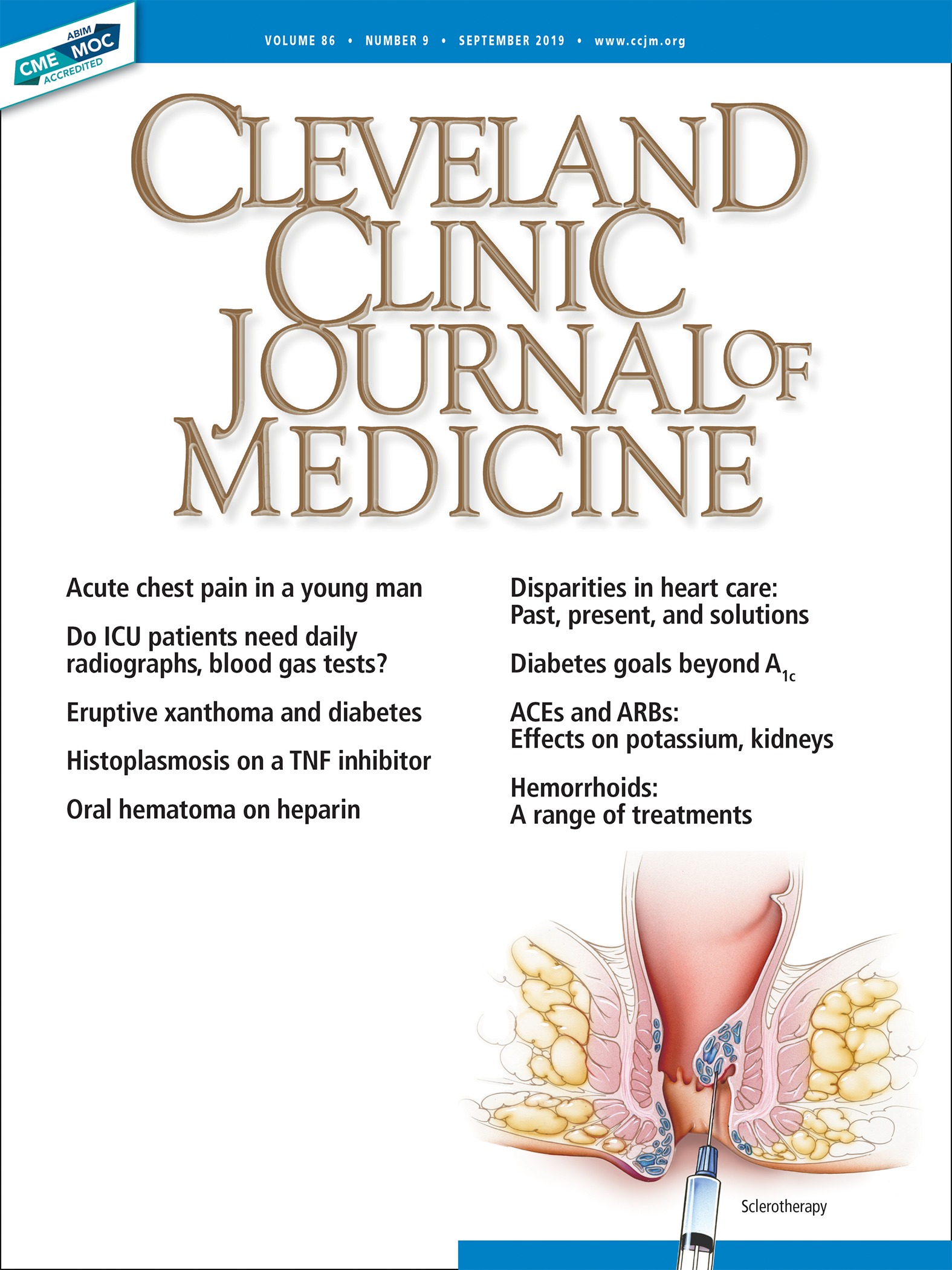
Hemorrhoids: A range of treatments | Cleveland Clinic Journal of Medicine
Hemorrhoids are a common reason for office visits. Each patient is unique, and with a range of treatments available, treatment can be individualized. This article reviews the diagnosis and decision-making process for individualized treatment.
Hemorrhoid Treatments Dallas, TX | Hemorrhoidectomy Dallas, TX
Dr Laura Gallagher in Dallas, TX offers hemorrhoid treatments, hemorrhoidectomy, stapled hemorrhoidopexy and hemorrhoidal artery ligation.
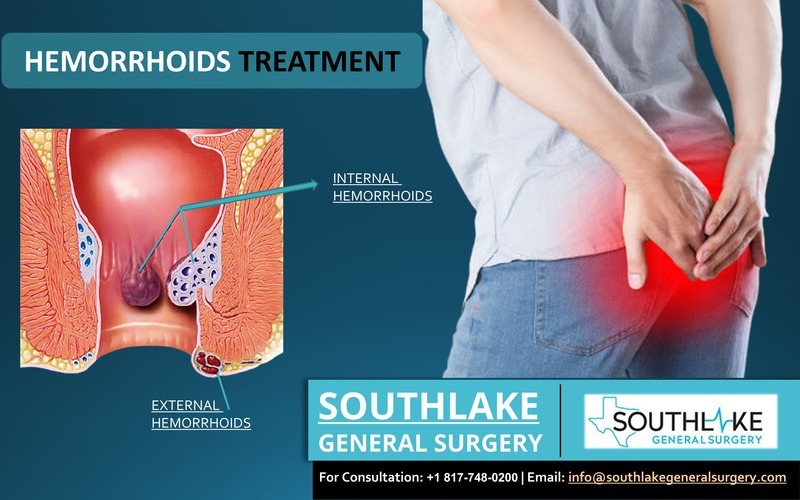
Hemorrhoids Treatment at Southlake General Surgery, Texas
The swollen vein in the lower section of the rectum and anus is known as Hemorrhoids are also called Piles. Southlake General Surgery,Texas

Hemorrhoid – Wikipedia

What are internal hemorrhoids: Causes, Symptoms & Treatment
Internal hemorrhoids or piles that originate inside the anal canal. One can also notice lumps that bulge outside the anus. Contact Proctocan For more information.

Help for hemorrhoids – Harvard Health
More than 75% of people ages 45 and older have hemorrhoids with symptoms like rectal pain, itching, and bleeding after a bowel movement. They often shrink on their own when aided by simple self-help and over-the-counter remedies, but in some cases, in-office produces or minor surgery may be required.
Hemorrhoid Treatment & Removal in Utah | Granite Peaks Gastroenterology
The safest, most common hemorrhoid treatment is hemorrhoid banding. Granite Peaks Gastroenterology is the Salt Lake Valley’s first GI practice to offer hemorrhoid banding and the largest provider of the CRH O’Regan system in Utah.

Hemorrhoids Treatment, Hemorrhoid Banding – Gastroenterology Of The Rockies
Gastroenterology of the Rockies has a mission to advance the digestive health and quality of life for all our patients. We specialize in gastrointestinal health including hemorrhoids treatment

Hemorrhoids: The Definitive Guide to Medical and Surgical Treatment – Consult QD Left Arrow Right Arrow email email
Heres a comprehensive review of how to diagnose and grade hemorrhoids, as well as how to select the appropriate medical or surgical treatment based on current clinical evidence.
![DEAR MAYO CLINIC: Every few months, I develop hemorrhoids that are quite painful, but, after a few days, they seem to go away on their own. Is there a way to avoid getting them altogether? Do I need to see my doctor the next time the hemorrhoids return? ANSWER: Hemorrhoids are quite common, and they […]](https://newsnetwork.mayoclinic.org/n7-mcnn/7bcc9724adf7b803/uploads/2016/06/a-medical-illustration-showing-internal-and-external-hemorrhoids-16X9-1024x576.jpg)
Mayo Clinic Q and A: Try Self-Care Steps for Relief From Hemorrhoids – Mayo Clinic News Network
DEAR MAYO CLINIC: Every few months, I develop hemorrhoids that are quite painful, but, after a few days, they seem to go away on their own. Is there a way to avoid getting them altogether? Do I need to see my doctor the next time the hemorrhoids return? ANSWER: Hemorrhoids are quite common, and they […]
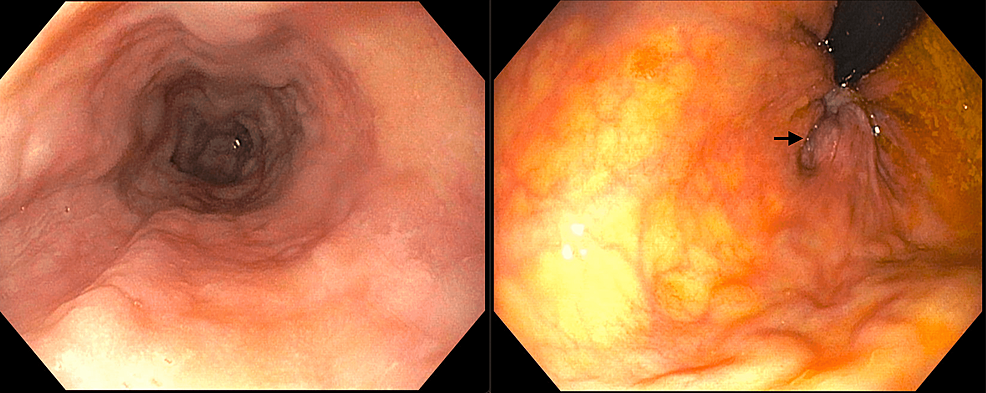
Cureus | Internal Hemorrhoids: A Source of Massive Obscure Lower Gastrointestinal Bleeding in Cirrhosis
Anorectal bleeding is the second most common site of lower gastrointestinal bleeding. Colonoscopy remains the gold standard test to localize sources of lower gastrointestinal bleeding, but it can miss left-sided colon pathologies such as diverticula, rectal varices, and internal hemorrhoids. We report an unusual case of a male cirrhotic patient with massive hemorrhoidal bleeding which went undiagnosed despite multiple imaging and endoscopic evaluations. He underwent urgent sigmoidoscopy that identified grade III internal hemorrhoids and sclerotherapy which resolved the hematochezia. Decompensated cirrhosis complicates patient candidacy for surgical hemorrhoidectomy, but sclerotherapy is a viable option even for high-risk patients. Urgent sigmoidoscopy during active bleeding should be considered if hemorrhoidal bleeding is suspected but inconclusive by colonoscopy.
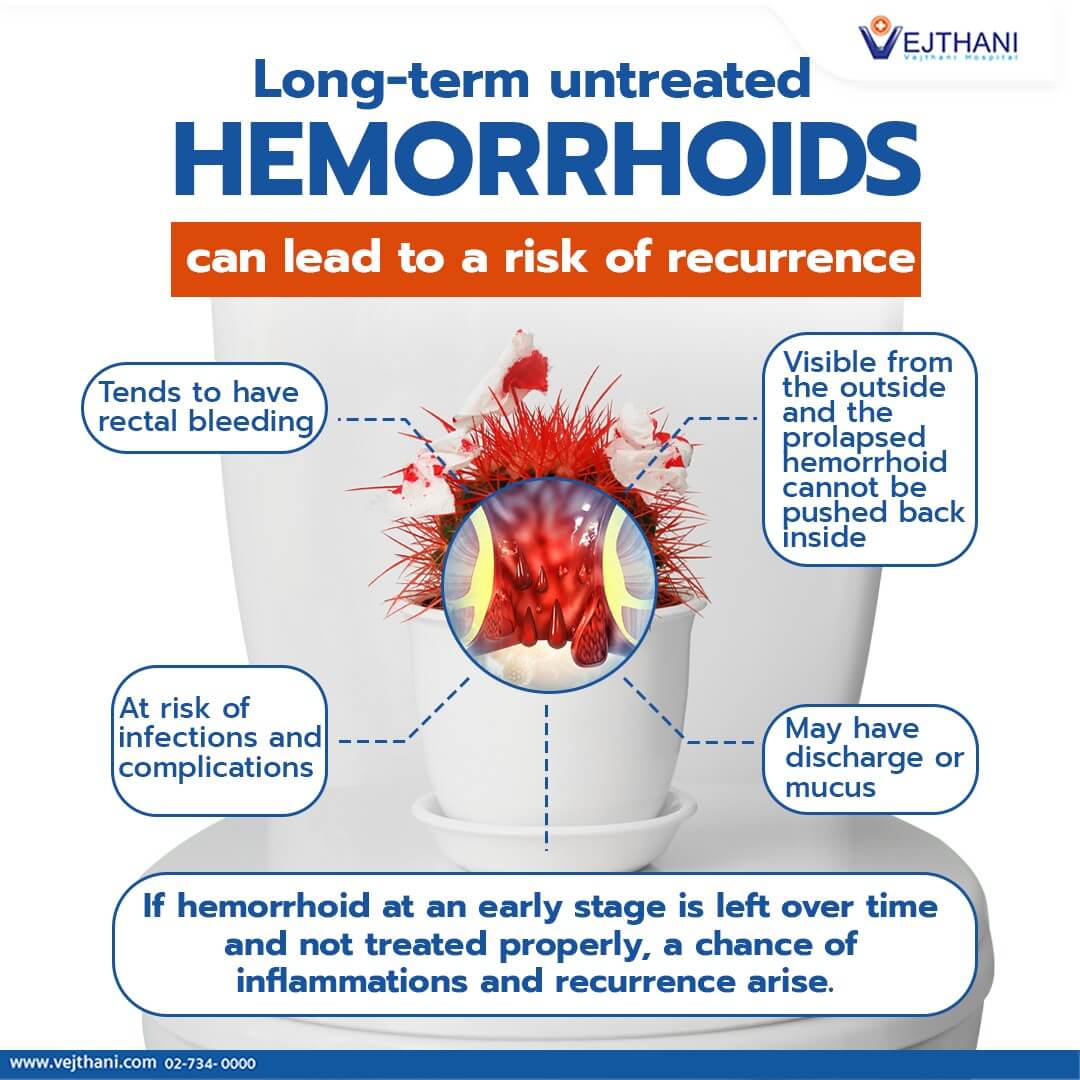
Long-term untreated Hemorrhoids can lead to a risk of recurrence – Vejthani Hospital
Although hemorrhoid does not seem like a dangerous disease, it creates a nuisance when defecating and itches during the day. There is a chance of inflammations and for symptoms to occur again if a hemorrhoid is left untreated for a long time or treated improperly.
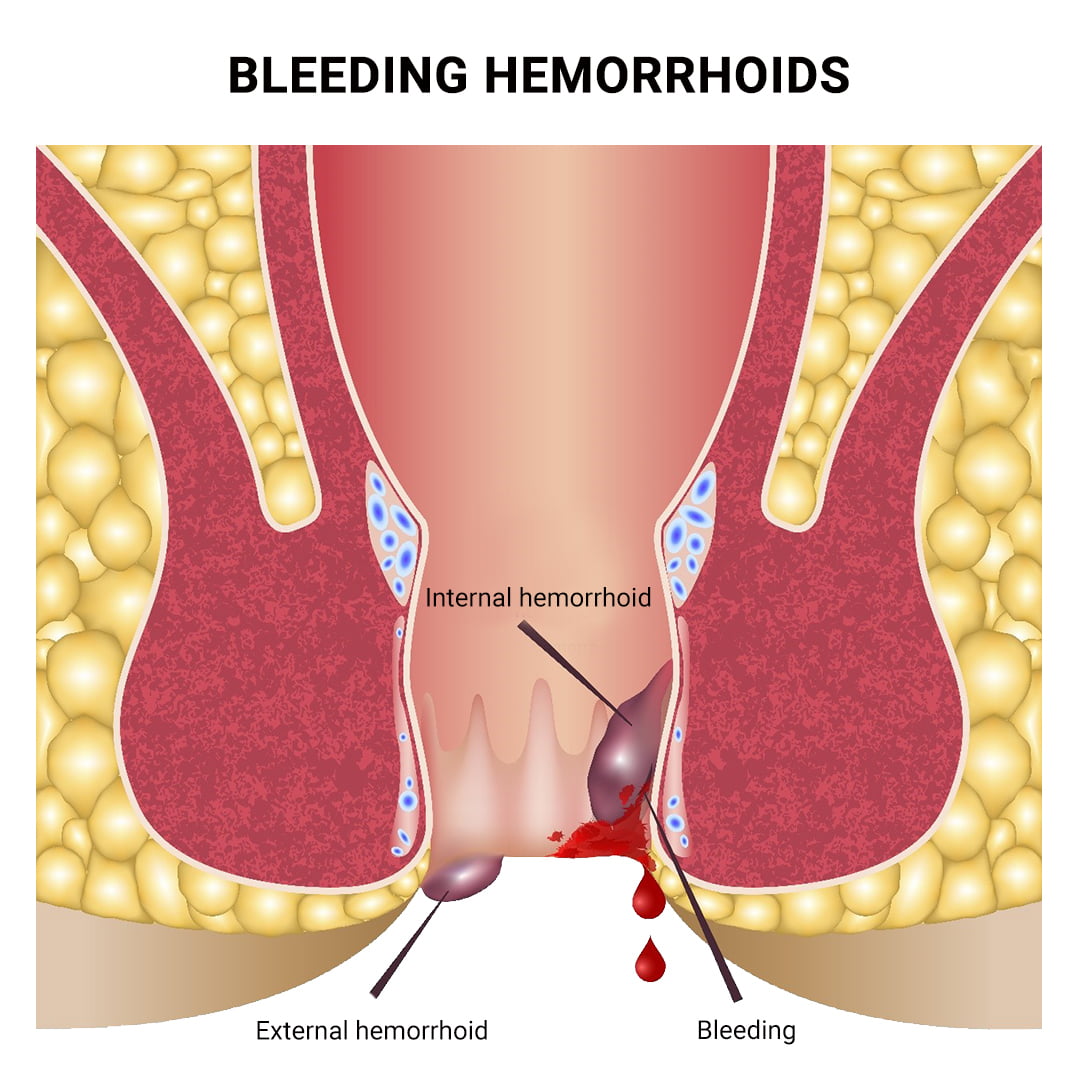
Bleeding Hemorrhoids: When to See a Doctor – Manhattan Gastroenterology
Although most hemorrhoids are minor and can be treated at home, they require professional attention occasionally. Here are some pointers to help you decide when to treat at home and when to see your doctor.

External hemorrhoids: Treatment, pictures, symptoms, and causes Medical News Today
An external hemorrhoid is a hemorrhoid that occurs outside of the body in the veins around the anus. Learn more about the symptoms, causes, and treatments here.

Internal Hemorrhoids, Different Types of Treatment… | GI Associates
What is an Internal Hemorrhoid? Internal hemorrhoids are a type of hemorrhoid that is found inside the rectum. They are typically not as painful as…

The four tiers for fast and effective hemorrhoid treatments: Jeffrey S Aronoff, MD: Colorectal Surgeon
Don’t wait for your discomfort to go away when you can get fast and effective hemorrhoid treatments. There are four tiers for fast and effective hemorrhoid tr

Hemorrhoid Self-Treatment Options – Pharmacist Consult
Have hemorrhoids? Learn how to potentially treat symptoms with OTC products and/or dietary modifications.
:max_bytes(150000):strip_icc()/VWH-GettyImages-1434944848-1fcf4b8c98e9440a89f82f5c1570965f.jpg)
Hemorrhoids: Signs, Symptoms, and Complications
Symptoms of hemorrhoids include rectal bleeding, pain, itching, and burning. In most cases, symptoms are mild and will resolve without complications.

Hemorrhoids Treatment, Symptoms, Causes, Prevention | Meril Life
Hemorrhoids, also known as piles, happen when the veins of the lower rectum and anus get swollen. To know more about Hemorrhoids, its symptoms, causes, prevention & treatment, visit Meril Life.
Heal Hemorrhoids Using Essential Oil Suppositories
Heal Hemorrhoids Using Essential Oil Suppositories
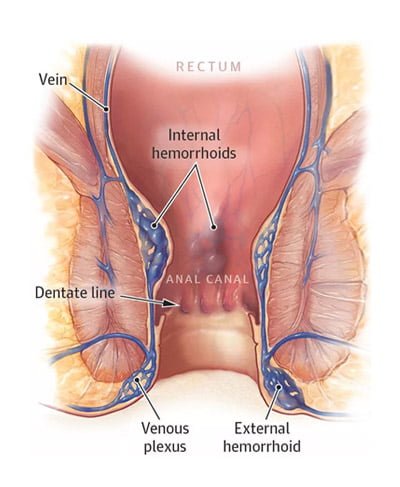
Hemorrhoid Treatment Specialist NYC | New York City Hemorrhoid Doctor
Our board-certified gastroenterologists are experts in non-surgical hemorrhoid treatments offering safe and effective same-day removal in Midtown & Upper East Side NYC.
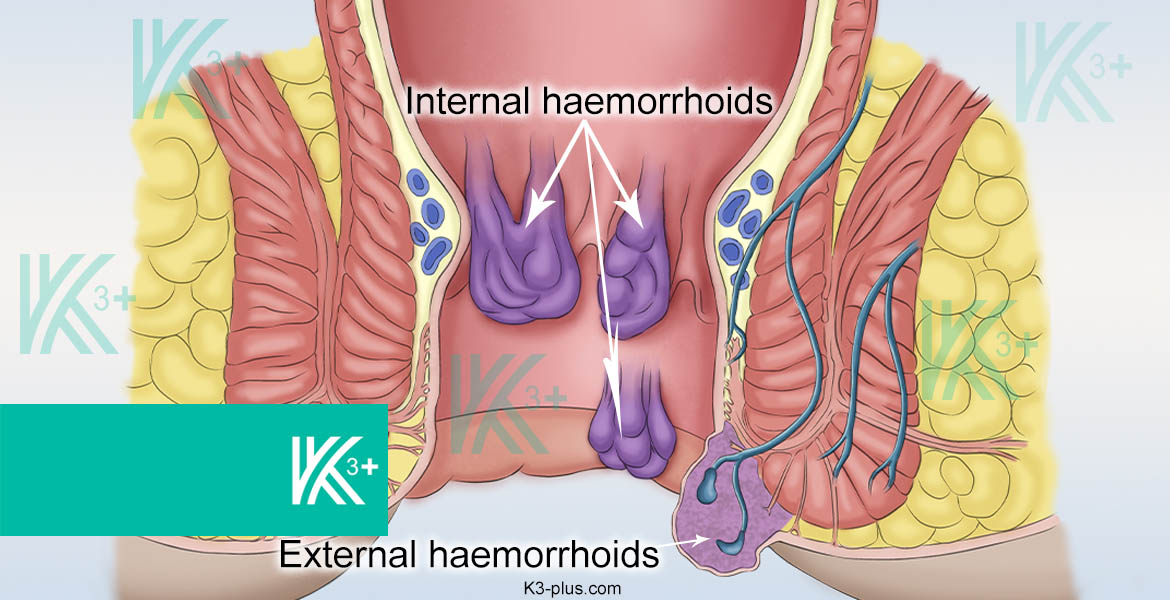
Hemorrhoids (Piles) Laser & Dopple Treatment – photos and videos
Hemorrhoids latest treatment technology in Dubai by Laser & Doppler | understand Internal & External Piles Hemorrhoids by photos & videos
:max_bytes(150000):strip_icc()/GettyImages-928522936-9f3b413e50fd4e5dbbb59d52f25fe836.jpg)
Hemorrhoids: Types, Symptoms, Causes, Diagnosis, Treatment and More
Hemorrhoids are painful and annoying, but in many cases can be prevented with the right combination of lifestyle changes.

How to treat grade 2 internal hemorrhoids? | Vinmec
Grade 2 internal hemorrhoids are hemorrhoids that prolapse when going to the toilet but still have the ability to retract on their own. Can 2nd degree internal hemorrhoids be cured? If yes, how to treat effectively and not to recur?

Hemorrhoid Treatment Center in Los Angeles – Los Angeles Hemorrhoid Clinic
Learn more about hemorrhoids, including what they are, what causes them, and the treatment options that are available. If you suffer, contact our top hemorrhoid doctor today at (888) 263-9828.
Hemorrhoids While Pregnant: Causes, Prevention & Treatment
Hemorrhoids are swollen veins surrounding your anus that can make having a bowel movement extremely unpleasant when you’re pregnant. They’re common in pregnancy and usually resolve after you have your baby.
Hemorrhoids: symptoms and treatment | Dr. Yannick Nijs
Hemorrhoids are swollen blood vessels in the rectum. External hemorrhoids tend to be painful and require removal. Treatment is highly effective.
Hemorrhoids Symptoms & Types | Granite Peaks Gastroenterology of Utah
Learn about the most common symptoms of hemorrhoids, types of hemorrhoids, and when you should see a doctor.
Internal Hemorrhoids – RS Surgical – Causes, Symptoms, Treatment
Did you know were all born with Internal hemorrhoids? Unfortunately, they can be a cause of painless rectal bleeding with bowel movements.
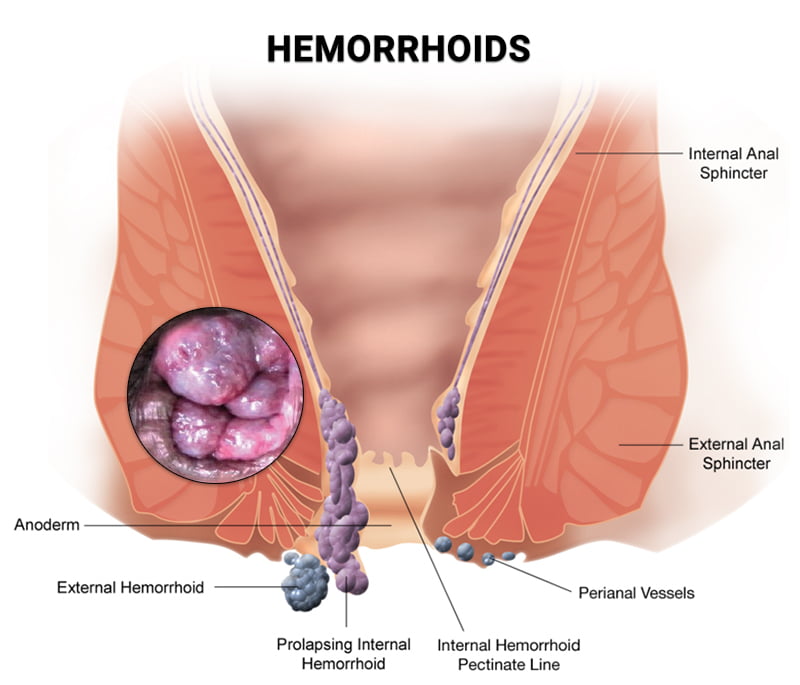
How Long Hemorrhoids Last & When to See a Doctor – Manhattan Gastroenterology
Hemorrhoids are a common condition, and a large population suffers from them due to several lifestyle and health factors.

